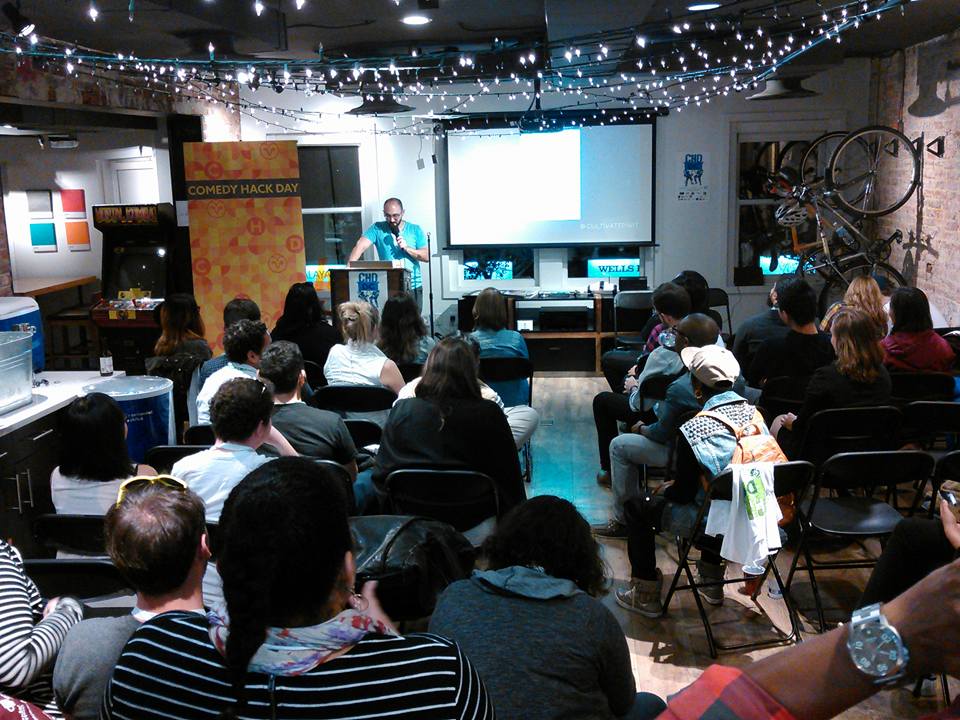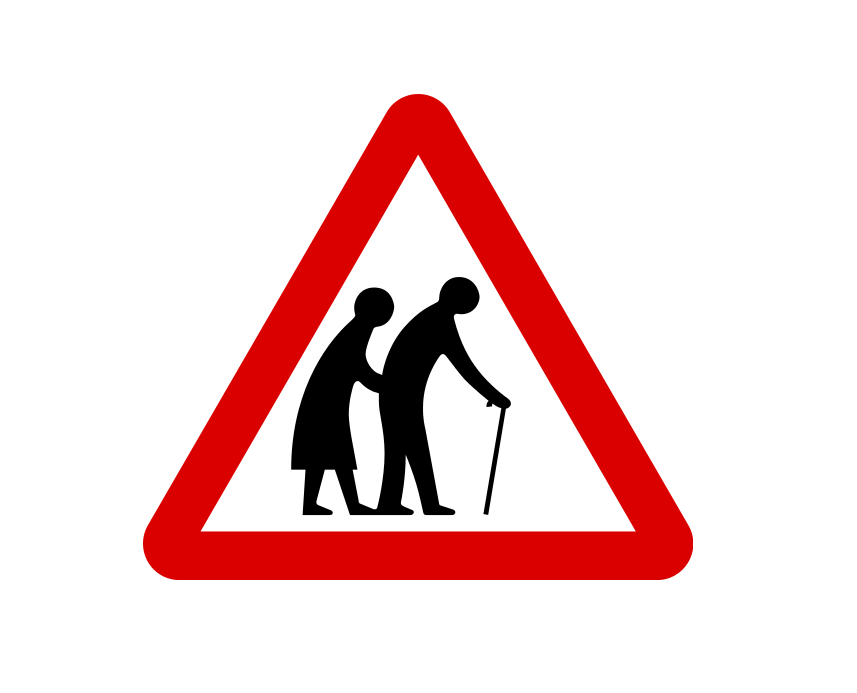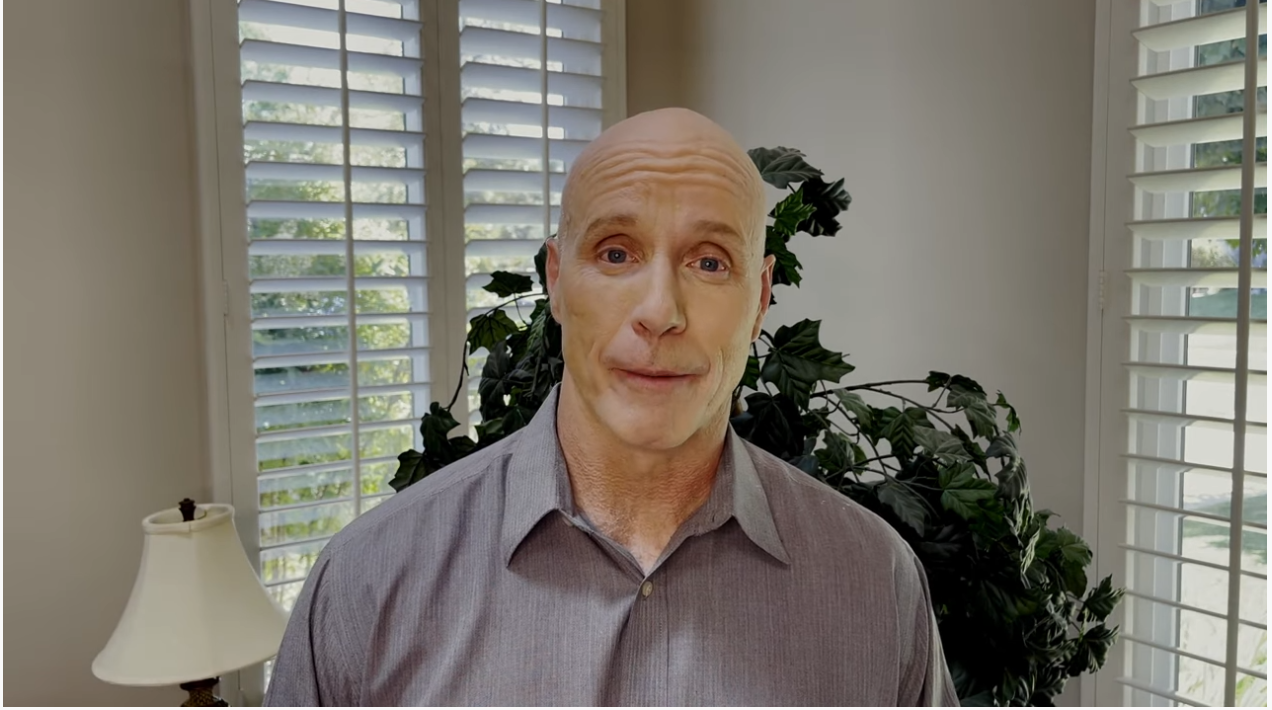Phase Two: The Empowerment Series
By Tasha A. Harris, Editor-in-Chief
In the past several months, we’ve addressed the rampant spread of mediocrity that has plagued stand up in several “call-out” editorials and featured blogs. In addition, we are presenting a new series of career advice articles to motivate new talent and up and comers to become better comedians. Please feel free to join the discussion and add helpful tips.
Be funny – first.
One of the most frequently asked questions we receive from readers is, “How do I make it in comedy?” The initial response is that you should be funny first. As an aspiring or professional comedian, it your job to be funny. Pimping out your MySpace and marketing yourself as different (i.e. alternative, Latin, all-female, half-centaur, etc) won’t matter if you are not funny. For those comics who want to do social commentary and political humor, remember that funny is the base. Fans pay to see you make them laugh, not give a lecture. Even George Carlin advised on the History of a Joke that to try to teach the audience is the kiss of death, but the key is to show them that you’re thinking while you’re making them laugh.
Know your strengths and weaknesses.
Are you better at performing than writing? Do comics ask you to write for them? Do you have a talent for producing successful shows? Take stock of your strengths and weaknesses. Some comics are better performers than writers and vice versa. Some are better managers, web designers, photographers, marketers and promoters than they are comedians. You owe it to yourself to be honest about your talents and what you bring as a stand-up comic.
Ask your peers and mentors what they like about your stand up and in which areas you need to improve. One of the best examples is Judd Apatow, a former stand up, who realized early in his career that he was a better writer than a performer and went on to write for other comics and eventually write, produce and direct hit comedy movies.
Perform as much as you can.
This is one of most important steps to becoming a professional comedian because stand up is an art form based upon experience. One of the differences between the 80s boom/early 90s post-boom generation and the new crop of comics is that the earlier generation were willing to perform everywhere they could: dive bars, restaurants, shopping malls – any venue that hosted a “comedy night.” The other major difference is that they were given more time on those shows. New comics could book “one nighter” spots that often ran 15-30 minutes.
Today, new comics are given an average 5-10 minutes, so they will have to work harder to gain more time. On the contrary, some new comics are opting to work only rooms in which they are most comfortable. But limiting yourself to certain rooms can ill-prepare you for when you face tougher audiences. You don’t become better by being safe. Growth comes from challenging yourself and working outside your comfort zone. Push yourself to perform as much as you can. So what if it’s a crappy open mike, a pre-dinner show or the toughest urban room? See every available spot as an opportunity to become a better comedian. It’s not just about the amount of time that you are given for a spot, but more importantly what you do with it.
Write. Write. Write some more.
Writing can be an arduous and lonely process because it’s work. It requires letting go of the old jokes that work and writing a new ones that might not work. Writing is essential to your creativity and becoming a better comedian. Many comics (new and established) are hooked on their old killer bits because it’s a guaranteed laugh, but they are reluctant to see that those jokes have become crutches, most of which they have outgrown. One of things that comedy fans are starting to notice more is repetitiveness, especially if they’re seeing the same comedians regularly.
Be confident and know that if you wrote a killer joke five years ago, five months ago, or however long it has been – know that you write another one. It’s a matter of you exercising discipline and believing in yourself. Give yourself the chance to write some of the funniest material we haven’t heard yet. Your best is yet to come.
Note: How you choose to write is up to you. Some comics write the traditional way with pen and paper and others write onstage. If writing is not your strength, I would suggest teaming up with a good writer or two.
Value comedy fans.
Comedy fans have a plethora of choices in entertainment: movies, dancing, live music, theater and art exhibits, not to mention free events. It’s easy to take the audience for granted and forget that they are spending top dollar to see quality entertainment. (The average tab for a couple to see a prime-time Saturday night show at a top New York City club is roughly $90.)
You owe it to comedy fans to put forth your best effort each time you perform. For example, if you’re booked for a show on a Monday night and there are six people in the room, it is your job to be funny and entertain those six people.
Your 5-15 minute spot is not solely about you. It’s about the exchange between you and the audience. It’s about them laughing and appreciating what you bring to the stage. And in return, it’s about you developing and expanding your fan base. Think about the fans who come out to celebrate their life’s milestones by seeing a comedy show. They chose to spend their special night to support comedy and see you perform. Show respect for them and for the craft, and they will show respect for you.





















